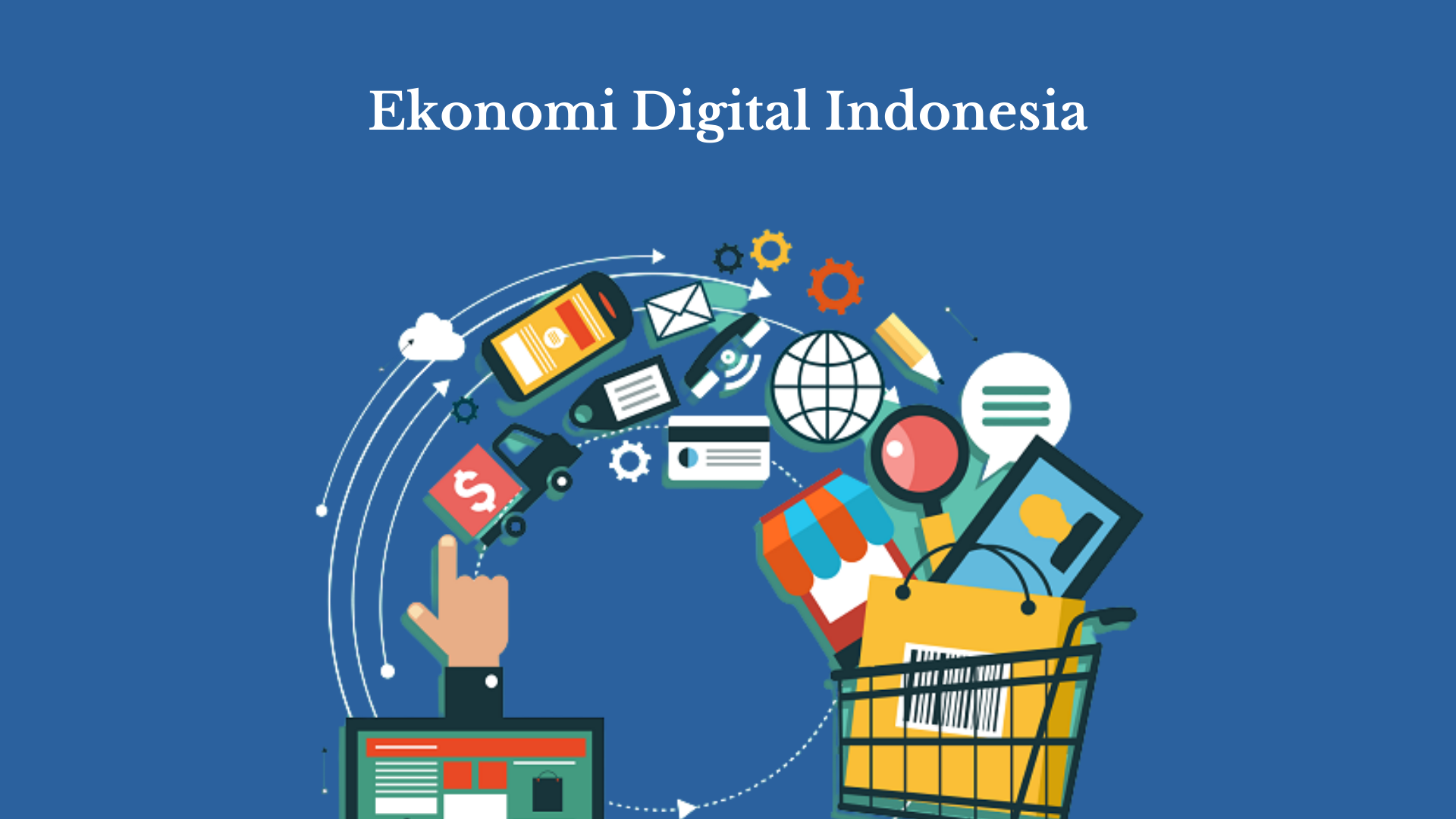As Indonesia moves towards becoming one of the top five global economies by 2045, building a sustainable digital economy is a central pillar of its growth strategy. This ambition is aligned with Visi Indonesia Digital 2045, which envisions the digital economy as a key driver of economic transformation. To achieve this, Indonesia must embrace advanced technologies that foster innovation, transparency, and sustainability.
Blockchain technology plays a crucial role in supporting these objectives by providing a secure, transparent, and efficient foundation for economic activities. From promoting financial inclusion to ensuring transparency in supply chains, blockchain offers the tools needed to build a thriving, sustainable digital economy.
Blockchain’s Role in a Sustainable Digital Economy
Blockchain offers several advantages that make it a critical enabler of sustainable economic growth:
1. Transparency and Trust in Economic Transactions
One of the biggest challenges in economic systems is ensuring trust and transparency in transactions. Blockchain’s decentralized and transparent nature creates an immutable record of every transaction, reducing the risk of fraud and corruption. This is particularly important for sectors such as finance, trade, and supply chains, where transparency is key to ensuring fair practices.
For Indonesia’s digital economy, blockchain can provide real-time verification of transactions and ensure that all economic activities are traceable and auditable. This level of transparency helps build trust in digital transactions, attracting more investors and international partnerships.
2. Reducing Financial Barriers with Decentralized Finance (DeFi)
Access to financial services remains a challenge for many Indonesians, particularly in rural areas. Blockchain-based Decentralized Finance (DeFi) platforms can help bridge this gap by providing secure, low-cost financial services to individuals and businesses without the need for traditional intermediaries.
By leveraging blockchain technology, DeFi platforms enable peer-to-peer lending, digital asset management, and remittances. This promotes financial inclusion, enabling more Indonesians to participate in the digital economy. In line with Visi Indonesia Digital 2045, blockchain-driven financial inclusion can help reduce poverty and boost economic participation across the nation.
3. Sustainable Supply Chains
In a globalized economy, ensuring sustainable and ethical supply chains is crucial for long-term growth. Blockchain technology allows companies to create transparent, tamper-proof records of every step in the supply chain. This ensures that products are sourced ethically and sustainably, helping businesses meet consumer demand for greater transparency.
For Indonesia, blockchain can support sustainable practices in key industries such as agriculture, fisheries, and manufacturing. By implementing blockchain in supply chains, Indonesia can promote responsible resource management and environmental protection, supporting its green economy goals for 2045.
4. Digital Payments and Smart Contracts
Blockchain’s ability to support secure, real-time digital payments through smart contracts is another key driver of economic growth. Smart contracts are self-executing contracts with the terms of the agreement directly written into code. This eliminates the need for intermediaries, reduces transaction costs, and speeds up business processes.
For Indonesia, adopting blockchain for digital payments can enhance e-commerce, streamline cross-border transactions, and boost trade efficiency. By facilitating fast, secure transactions, blockchain helps fuel the growth of the digital economy.
How Baliola’s Mandala Application Chain Supports Economic Sustainability
Baliola’s Mandala Application Chain is designed to provide the infrastructure needed to support Indonesia’s digital economy growth. By offering a scalable blockchain platform, Mandala Chain enables businesses and government institutions to implement blockchain solutions that promote transparency, reduce costs, and drive financial inclusion.
With Mandala Application Chain, Indonesia can:
• Enhance transparency in transactions and supply chains, ensuring that economic activities are traceable and accountable.
• Foster financial inclusion by providing blockchain-driven financial services to underserved populations, reducing barriers to economic participation.
• Enable smart contracts to simplify and automate complex business processes, reducing costs and enhancing operational efficiency.
Conclusion
As Indonesia progresses towards becoming a top global economy by 2045, blockchain technology will be a vital enabler of sustainable economic growth. By fostering transparency, reducing financial barriers, and promoting responsible resource management, blockchain provides the tools needed to build a resilient, inclusive, and sustainable digital economy. With Baliola’s Mandala Application Chain, Indonesia is well-positioned to achieve its ambitious goals while ensuring that economic growth is both inclusive and environmentally responsible.
